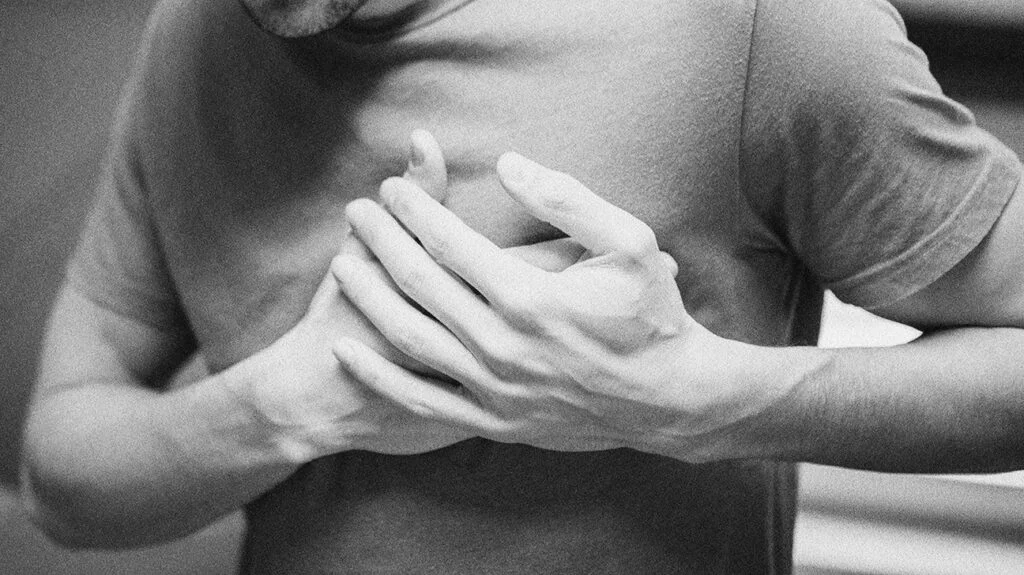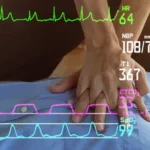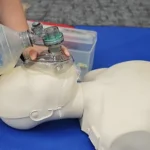The human heart beats tirelessly and fuels our body with oxygen rich blood. Unfortunately, this vital organ of the body needs to be properly taken care of. An alarming and unfortunate fact happens to be that 46% of people in the US have consumed illegal drugs at some point in their lives. One of the most alarming threats to cardiovascular health happens to be drugs. The effect of drugs on the heart pervades communities and leaves a trail of devastation.
This blog will give you the precise insights to drug abuse and its critical relation with heart health. Be it the rapid jolts of cocaine or the prolonged anxiety induced by meth, each substance has its own brand of damage.
This blog will be exclusively important for anyone willing to understand the mechanisms at play, while we neglect the impact of substance abuse casually.
What are the signs of heart damage from drugs?
Detecting heart damage from drug abuse requires vigilance, as symptoms may initially mimic other conditions or go unnoticed altogether. However, understanding the signs can prompt timely intervention and potentially mitigate serious consequences. Whether it’s the stimulant surge of cocaine or the depressive effects of heroin, illicit substances can wreak havoc on the cardiovascular system, manifesting in a myriad of ways.
Signs of Heart Damage from Drugs:
- Irregular Heartbeat (Arrhythmia): Drugs like cocaine and methamphetamine can disrupt the heart’s electrical activity, leading to irregular heart rhythms such as tachycardia (rapid heartbeat) or bradycardia (slow heartbeat).
- Chest Pain or Discomfort: Persistent chest pain, tightness, or discomfort may signal reduced blood flow to the heart muscles, a condition known as ischemia, often associated with cocaine or amphetamine use.
- Elevated Blood Pressure: Stimulants like cocaine and methamphetamine can cause a significant increase in blood pressure, straining the heart and blood vessels and increasing the risk of cardiovascular events.
- Shortness of Breath: Drugs such as heroin or opioids can depress the respiratory system, leading to shallow breathing and reduced oxygen supply to the heart and other vital organs.
- Edema (Swelling): Swelling in the legs, ankles, or abdomen may indicate heart failure, a condition exacerbated by long-term drug abuse due to the strain on the heart’s pumping function.
- Fatigue or Weakness: Chronic drug abuse can lead to fatigue or weakness, as the heart struggles to meet the body’s increased demand for oxygen and nutrients.
- Syncope (Fainting): Fainting or syncope may occur due to arrhythmias, reduced cardiac output, or sudden drops in blood pressure induced by certain drugs.
Read More: Supraventricular Tachycardia: Causes, Symptoms, and Treatment Options
What is the correlation between heart attacks and drug abuse?
Understanding the relationship between drug abuse and heart attacks can help people come across proper prevention strategies. These include education, early intervention, and access to treatment. Identifying and assessing the root cause will help eliminate the devastating impact of drugs on several communities.
Correlation between Drug Abuse and Heart Attacks:
- Increased Risk of Atherosclerosis: Certain drugs, such as cocaine and methamphetamine, accelerate the development of atherosclerosis, a condition characterized by the buildup of plaque in the arteries. This narrowing of the arteries can lead to reduced blood flow to the heart muscle, increasing the risk of heart attacks.
- Elevated Blood Pressure: Stimulant drugs like cocaine and amphetamines can cause a sudden and significant increase in blood pressure, placing immense strain on the heart and increasing the likelihood of cardiac events, including heart attacks.
- Disruption of Heart Rhythms: Drugs like cocaine and methamphetamine can disrupt the heart’s electrical activity, leading to arrhythmias such as ventricular fibrillation or ventricular tachycardia, which can precipitate heart attacks.
- Coronary Artery Spasm: Certain drugs, including cocaine and marijuana, have been associated with coronary artery spasm, a sudden constriction of the arteries supplying blood to the heart. This spasm can result in inadequate blood flow to the heart muscle, triggering a heart attack.
- Platelet Activation and Thrombosis: Drug abuse can activate platelets and promote the formation of blood clots within the coronary arteries, further obstructing blood flow and increasing the risk of myocardial infarction.
- Indirect Risk Factors: In addition to direct physiological effects, drug abuse can contribute to heart attacks through indirect mechanisms, such as promoting unhealthy lifestyle behaviors (e.g., smoking, poor diet) or exacerbating underlying cardiovascular risk factors (e.g., hypertension, diabetes).
Read More: Know how to Identify and Treat Pulseless Electrical Activity.
Conclusion
The effects of drugs on the heart are profound and multifaceted. Illicit drugs impact the heart by causing irreversible conditions like atherosclerosis. It is important to address this pressing public health issue as more and more people are falling victim to illegal substances.
With the collaboration between healthcare providers and policy makers the root causes of drug abuse can be tackled. Let us slowly build a world where people are free from the grip of illegal drugs.







